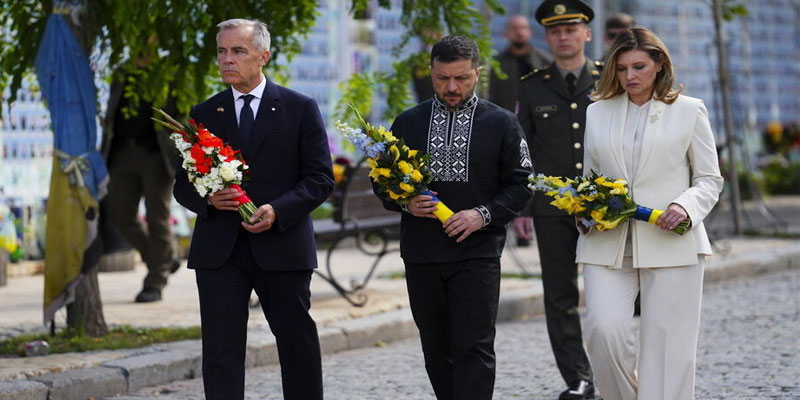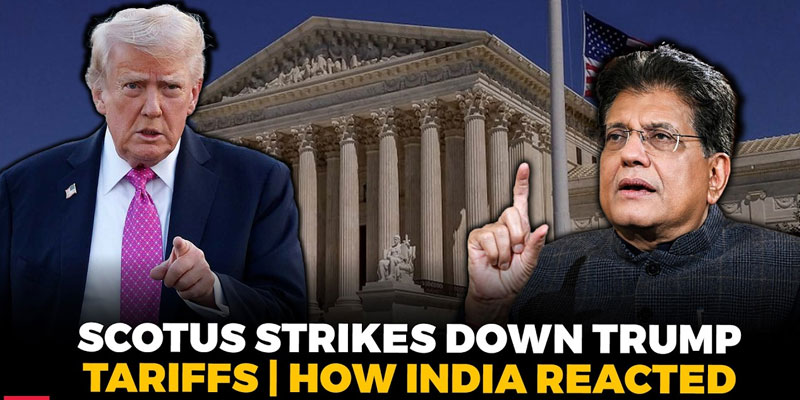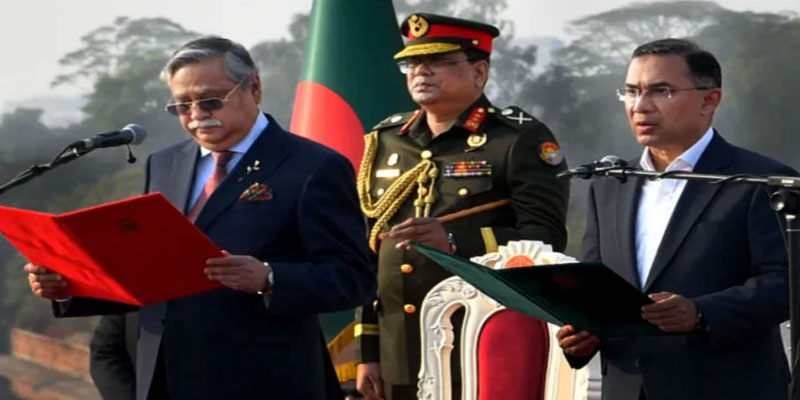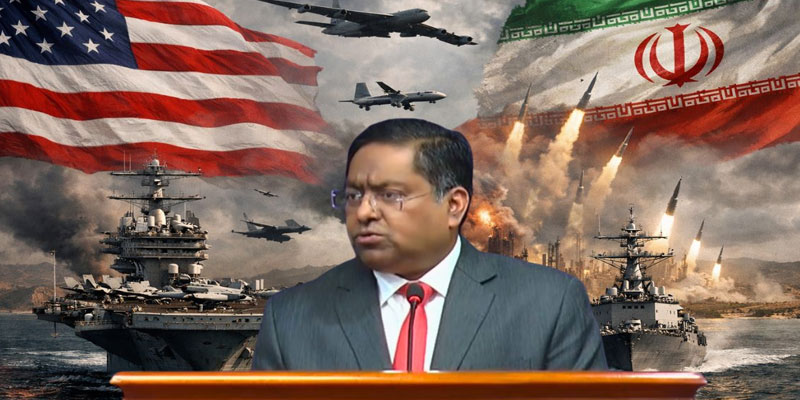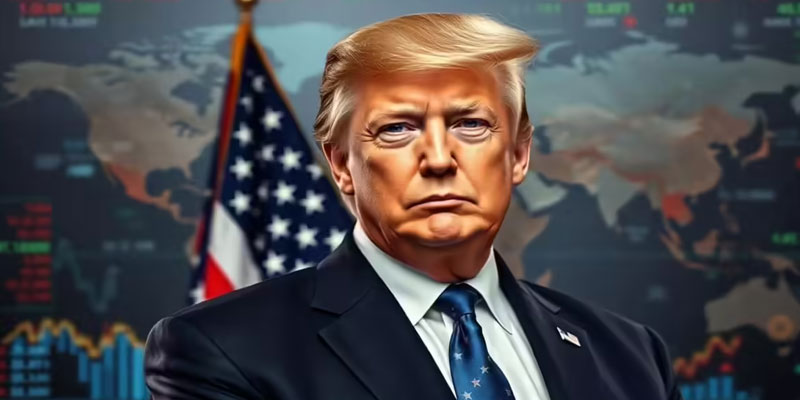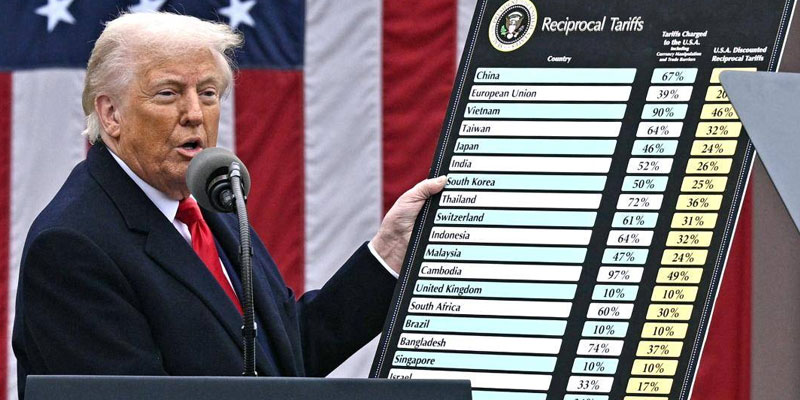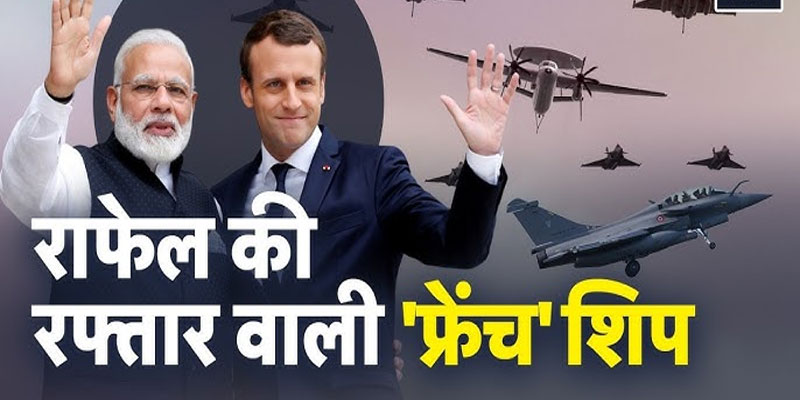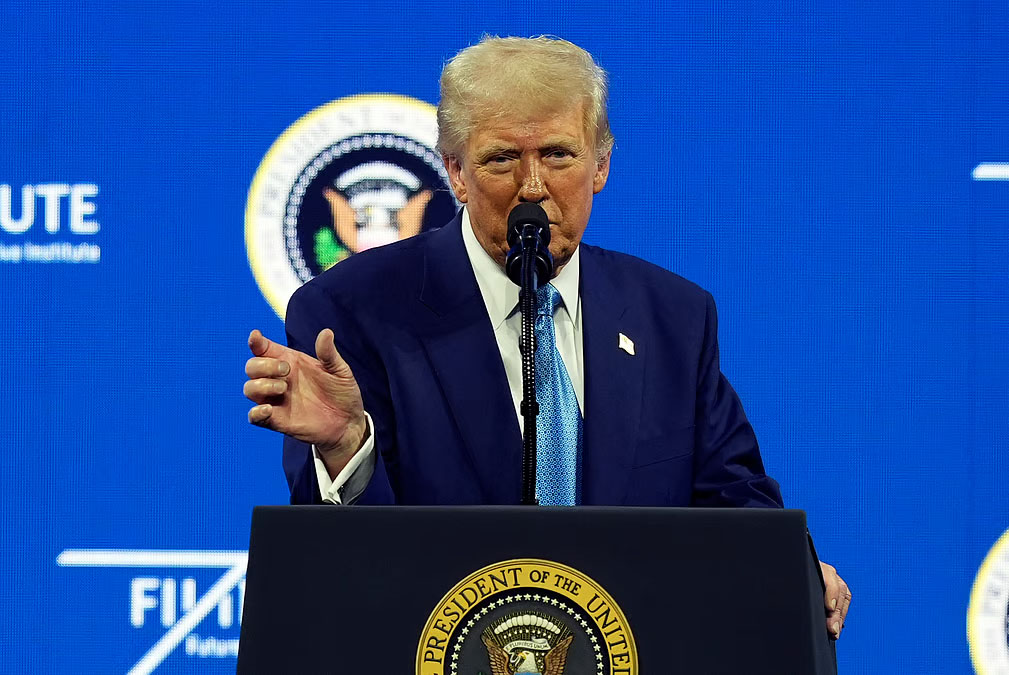Islamabad’s Bid to Derail Indian Delegation Thwarted in Kuala Lumpur
Pakistan’s latest attempt to obstruct India’s growing diplomatic influence fell flat in Malaysia. An Indian all-party delegation, led by JD(U) MP Sanjay Kumar Jha, successfully held 10 diplomatic outreach events in Kuala Lumpur, despite Pakistan’s direct appeal to Malaysian authorities to cancel them. The events marked the final leg of a broader mission under “Operation Sindoor” — India’s coordinated response to cross-border terrorism following the April 22 Pahalgam attack.
The Objective Behind the Delegation’s Visit
The Indian delegation’s mission was twofold: to counter Pakistan’s narrative on terrorism and to strengthen global support for India's position on national security. After traveling to Japan, South Korea, Singapore, and Indonesia, the Kuala Lumpur leg aimed to reach out to Malaysia’s political leadership, civil society, and strategic thinkers. Operation Sindoor is India's diplomatic offensive to expose the state-sponsored nature of terrorism emanating from Pakistan and to garner global solidarity.
Pakistan’s Tactic: Invoke Islamic Solidarity to Stop India
Sources revealed that Pakistan appealed to Malaysia using the pretext of “Islamic solidarity”. The Pakistani embassy reportedly told Kuala Lumpur: “We are an Islamic country; you are an Islamic country… don’t entertain the Indian delegation.”
Pakistan also invoked the Kashmir issue, attempting to align it with religious sentiments to pressure Malaysian authorities. This move was a strategic blend of geopolitics and identity politics — an effort to position India’s counter-terror campaign as anti-Muslim, rather than anti-terrorism.
However, Malaysia rejected Islamabad’s request and went ahead with hosting the Indian delegation, thereby reinforcing its sovereign foreign policy stance over religious or ideological influence.
India’s Diplomatic Outreach: What Was Discussed
The Indian delegation, comprising MPs from BJP, Congress, TMC, CPM, and JD(U), engaged with key Malaysian institutions including the Malaysian Indian Congress (MIC), Asia Europe Institute, Institute of Strategic and International Studies, and various political parties.
In their interactions, the Indian delegation emphasized four key messages:
· India’s Unity Against Terrorism: The delegation reiterated that all political parties in India stand united in condemning terrorism, regardless of political differences.
· The Nature of Operation Sindoor: Officials clarified that the April 22 retaliatory strikes were precise, non-escalatory, and limited to terror launchpads in Pakistan and Pakistan-Occupied Kashmir (PoK).
· Zero Tolerance for Terror: India conveyed its new policy approach — there will be no distinction between terrorists and the states that harbor them.
· Normalcy in Kashmir: Delegates emphasized the return to normalcy in Jammu and Kashmir, marked by resumed flights and a Cabinet meeting held in Pahalgam.
Strong Political Statements from Indian Leaders
Trinamool Congress MP Abhishek Banerjee went a step further, stating:
“After the Pahalgam massacre, India must now engage with Pakistan only to discuss reclaiming PoK. Dialogue on anything else legitimizes terrorism.”
CPM’s John Brittas, echoing bipartisan resolve, said the global community must be made aware of the systemic nature of terrorism in South Asia.
“This mission was to sensitise our friends abroad — terrorism is not just India’s problem, it threatens global peace,” he said.
Congress leader Salman Khurshid and BJP MPs also voiced concern over how Pakistan continues to leverage international platforms to distort the Kashmir issue and mask its own culpability.
Malaysia’s Response: Diplomatic and Decisive
Despite Pakistan’s efforts, Malaysia not only allowed the Indian delegation to proceed but also expressed gratitude for the visit. The Malaysian Indian Congress (MIC) expressed solidarity with India’s stance on terrorism and condemned the Pahalgam attack. Malaysian ministers also assured continued cooperation on regional security and counterterrorism.
The High Commission of India in Malaysia noted:
“We thank the Malaysian government for engaging constructively with the delegation. The outreach reaffirmed mutual respect and understanding on issues of global security.”
India’s Soft Power Diplomacy Scores Over Pakistan’s Religious Rhetoric
This episode reveals the widening gap between Pakistan’s outdated diplomatic tactics and India’s assertive, multiparty outreach rooted in transparency and national interest. By appealing to religion rather than reason, Pakistan once again miscalculated the global appetite for identity-driven politics, especially in matters of security and terrorism.
India, meanwhile, is crafting a new diplomatic playbook — one that fuses national consensus with strategic communication. Operation Sindoor is not just about retaliation; it’s about redefining India’s foreign policy narrative. And in Malaysia, it has clearly resonated.
(With agency inputs)



